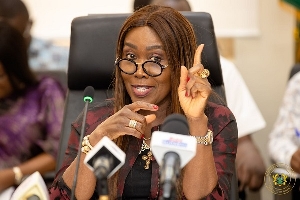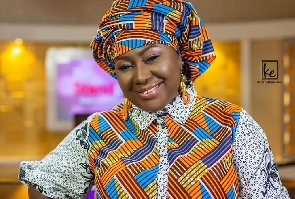Politics of Tuesday, 7 December 2004
Source: --
BBC: Ghana votes in presidential poll
| Ghana votes in presidential poll | ||
There are four candidates for the presidency. The former British colony will also elect a new parliament, with eight parties contesting 230 seats. This is the fourth presidential election in Ghana since the country became a multi-party state in 1992. Mr Kufuor - nicknamed the gentle giant - is seeking his second and final four-year term allowed by the constitution. Queues were reported across Ghana before the polls opened at 0700 GMT. Mr Kufuor's New Patriotic Party, NPP, has been campaigning under the slogan "so far so good". The BBC's West Africa Correspondent Andrew Simmonds says the emphasis has been placed on Ghana's economic and political stability. Mr Kufuor's main rival is John Atta Mills of the National Democratic Congress who is challenging the president's economic record, highlighting price rises for petrol and utilities along with increased school fees. Mr Kufuor, an Oxford-educated lawyer, insists that while his first mandate brought stability, a second term would enable increased growth in the private sector.
After that election in 2000, the cost of borrowing has also been cut, by half. But poverty is still rife in this country. An estimated 40% of its 20 million people are living below the United Nations poverty line of $1 pay per day and do not have access to sanitation, clean water or a regular electricity supply. The opposition has raised fears about the fairness of the ballot, but the independent electoral commission has given strong assurances that the voting in 21,000 polling stations will go ahead freely and fairly. Polls are due to close at 1700 GMT.
Entertainment
| ||












